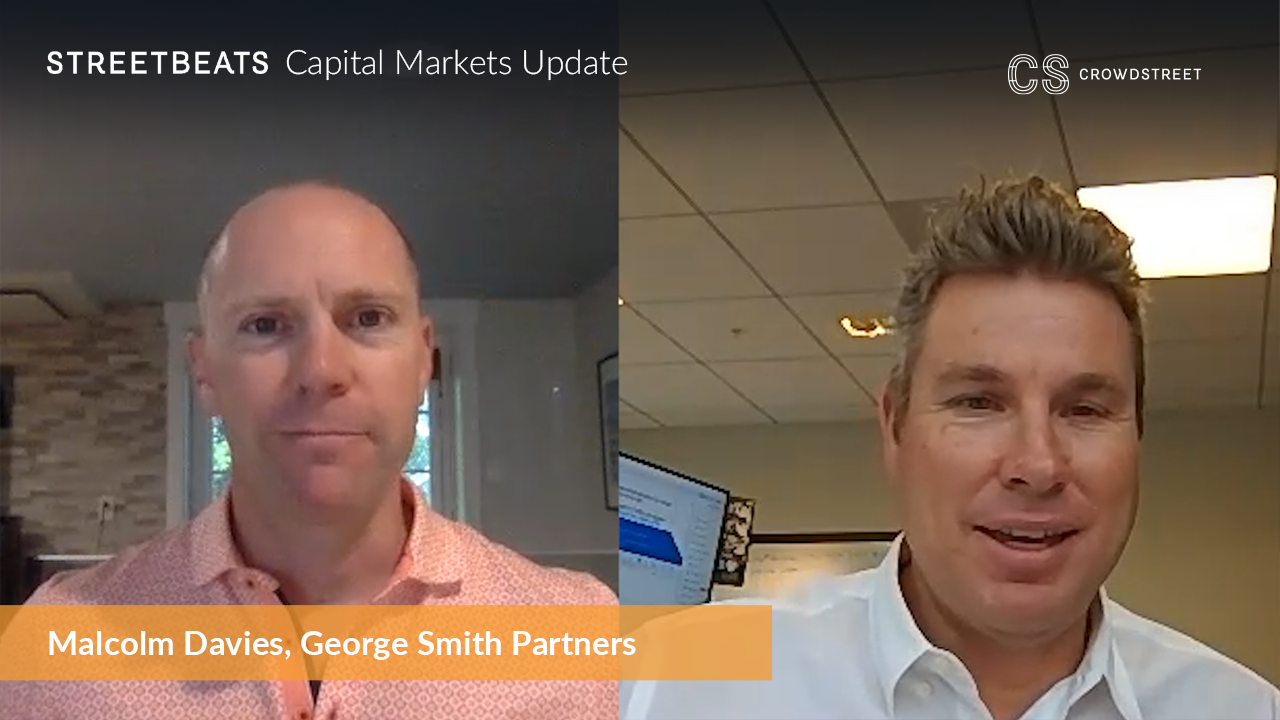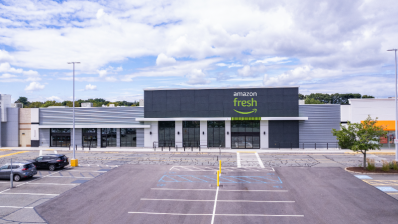
Crowd Street's Ian Formigle is joined by Malcolm Davies, Principal and Managing Director at George Smith Partners to discuss what's happening with ground-up development projects, why Pinterest paid $90MM to get out of a lease, and the recent jobs report.
